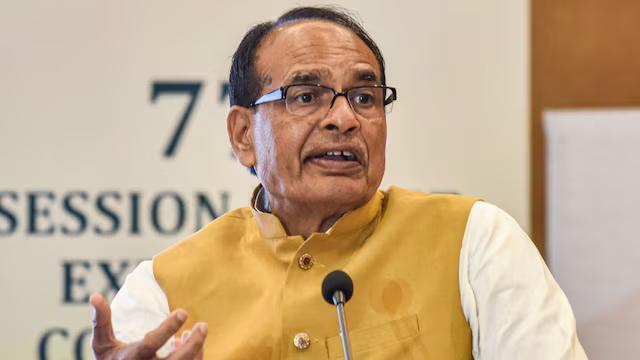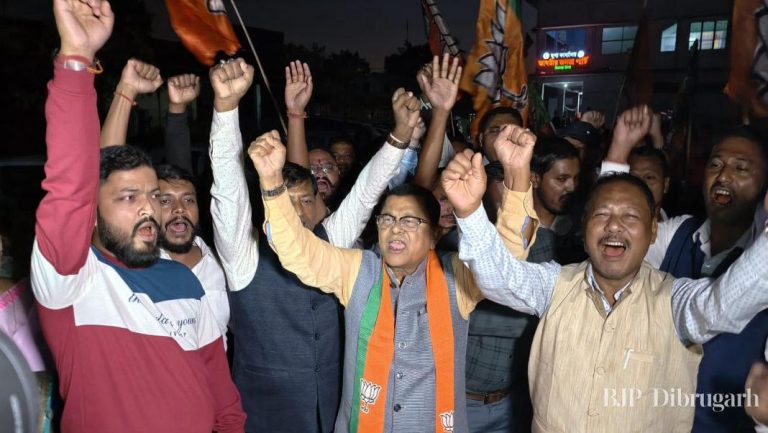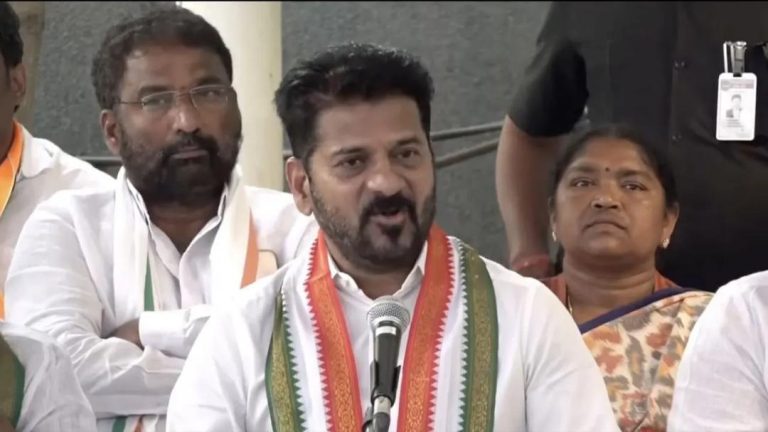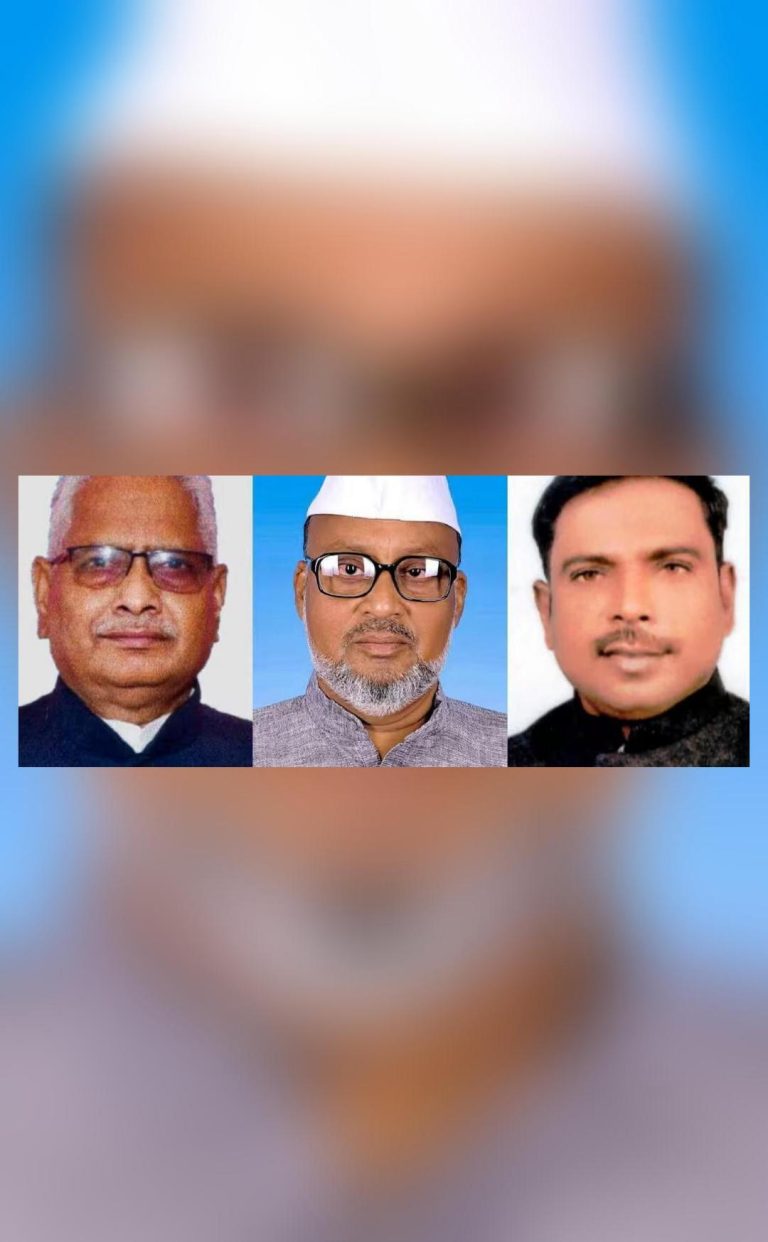
Not our core culture: Shivraj as he calls for removing ‘Secular’ from Constitution
In a recent statement that has sparked controversy and debate, Union Minister Shivraj Singh Chouhan has called for the removal of the word “secularism” from the Constitution, stating that it is not the “core of our culture”. Chouhan’s remark comes on the heels of RSS’ Dattatreya Hosabale’s call for reviewing the words ‘socialist’ and ‘secular’ from the Constitution.
Chouhan’s statement has raised eyebrows and concerns among many, who see the word “secularism” as a fundamental aspect of India’s democratic fabric. However, Chouhan’s argument is based on the premise that the basic sentiment of India is the equality of all religions, and that the word “secularism” was added to the Constitution during the Emergency.
The controversy surrounding Chouhan’s statement has led many to question the intentions and motivations behind his call. Some have argued that Chouhan’s statement is an attempt to erase the secular credentials of the Constitution and to undermine the fundamental rights guaranteed to all citizens of India.
The word “secularism” was indeed added to the Constitution during the Emergency, but it was done so to ensure that the state remains neutral in matters of religion and to protect the rights of all citizens, regardless of their faith. The inclusion of the word “secularism” was a deliberate attempt to safeguard the democratic principles of India and to ensure that the state does not favor one religion over another.
Chouhan’s argument that the basic sentiment of India is the equality of all religions, while correct in principle, does not justify the removal of the word “secularism” from the Constitution. In fact, the word “secularism” is a critical component of India’s democratic system, without which the country’s pluralistic society would be vulnerable to the whims of majoritarianism.
The removal of the word “secularism” would not only undermine the principles of equality and justice enshrined in the Constitution, but it would also embolden fundamentalist and communal forces to push their agendas, leading to a breakdown of social cohesion and harmony.
Moreover, Chouhan’s statement has also raised questions about the RSS’ role in shaping the country’s political discourse. The RSS, an organization known for its Hindu nationalist ideology, has been pushing for a Hindu Rashtra (Hindu Nation) for decades. Chouhan’s statement, therefore, can be seen as a reflection of the RSS’ influence on the government and its attempts to reshape the country’s political landscape.
The controversy surrounding Chouhan’s statement has also highlighted the need for a robust debate on the role of religion in politics. While India is a secular democracy, religion plays a significant role in the country’s political discourse, often used as a tool for political mobilization and social control.
The debate on the role of religion in politics is particularly pertinent in the context of India’s pluralistic society, where different religious groups have competing claims and interests. The Constitution’s commitment to secularism is a critical safeguard against the misuse of religion for political gain and to ensure that the state remains neutral in matters of religion.
In conclusion, Chouhan’s statement calling for the removal of the word “secularism” from the Constitution is a step in the wrong direction. The word “secularism” is a critical component of India’s democratic system, and its removal would undermine the principles of equality and justice enshrined in the Constitution.
Instead, the government should focus on strengthening the secular credentials of the Constitution and protecting the rights of all citizens, regardless of their faith. The controversy surrounding Chouhan’s statement is an opportunity for the government to engage in a robust debate on the role of religion in politics and to reaffirm its commitment to secularism and democracy.
Source:






